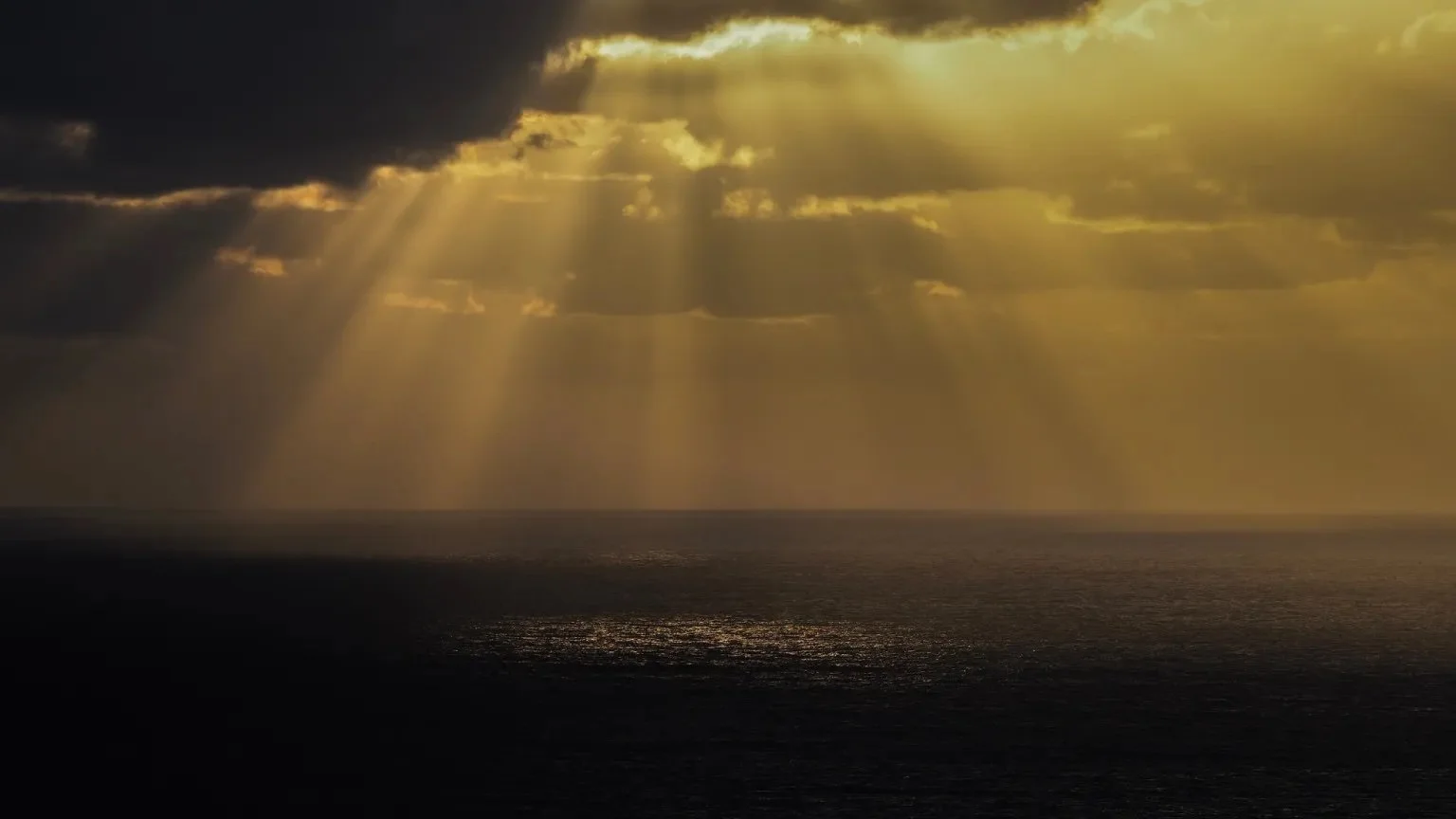Three Poems by Stella Díaz Varín Translated from Spanish
By Stella Díaz Varín and Rebecca Levi
These poems by Chilean poet Stella Díaz Varín have been taken from her 1959 collection, ‘Time, Imaginary Measure,’ and have been translated from Spanish by Rebecca Levi.
N a r c i s s u s
To Isidro
I’m absent from laughter
and everything happy men possess.
While blood flees like a deer
through every landscape
for no apparent reason,
as if believing that the most remote images
silence our thought.
Still upright, despite
those dark-rooted suns,
I approach your winged figure,
your little vertigos,
and teach you to watch
like only fish can,
in orbits unfamiliar to your hands.
I emerge -little god-
from the most secluded womb
to join you with a perfectly measured distance.
We share a certain gaze,
and an open door
to encumber our conversations;
leaning on the frame, gathered there
like the abandoned gather themselves,
nursing an ancient music
even greater than life and death.
And you revolt, known angel, anticipating the fall.
Truth prefers this behavior.
That’s how you come and go
and wrap yourself in the luminescence of old stars
so that I can watch your skeleton,
knowing full well that there’s nothing more beautiful
than the becoming of sea into bones.
In the end one gets used to
no one saying goodbye,
and to perceiving sound
in the palm of a hand,
like sea horses
sense love
as they caress each other’s fishbone spines.
Beautified in a drop of water
seen through thirst,
you come to know my first workdays.
The steep channels that led God
to unite snow, tree heart,
bile, dark resin,
indecision, pendulum, eternity,
and night through eyes.
When the Recently Wedded Woman
When the recently wedded woman,
wanting in sorrow,
is suppressed by shadow.
Yes. By her shadow…
She lights the lamp and reads.
Ah! So it’s nothing,
the coming of the apocalypse,
unborn children buried
and a thread of blood hanging from the roof.
It’s nothing anymore, the ocean and its boat,
the dragonfly sensing death,
the leper’s despair.
When the recently wedded woman…
From this day on I won’t be so alone.
I’ve opened a window onto the street.
I’ll watch the courtship of the living,
peering into death since childhood.
And I’ll seize the right moment
to bury her.
Come From the Light Son
May the light blind you, son.
Come from the light;
from where the pupil dreams
and returns tormented,
like living debris,
like a kind of flower, like a bird.
Coal from the earth’s entrails,
like the entrails of a tree.
Let the light be cruel, son.
Descend like ancient angels,
like bad disciples,
burning in passion, forsaken.
Like beasts, son.
By the river; misunderstood, untouched,
absolute, unhappy.
That will be the day
—I didn’t want this premonition,
you know, you know them—
I take my desired form.
Dung eye, clammy;
I’ll imprison your flame,
your extrablue surface,
your look a dark center,
your wheat field;
your skin’s tepid desire
will help me, and we’ll be.
We never could before.
I was like those small dry springs.
Descend, son, from the light;
look over space,
look across the horizon.
The curve left by a dead man’s heart,
the hand behind his back,
the hand no one wanted to caress.
We will be.
You and I will come together
without reprieve;
united like two still-young stalks;
wanting only what wasn’t given to us.
Loving
what the light tells us to:
vertigo, hollows, silence,
the color of stones;
so many simple, distinct things.
We’ll come to love the diffuse texture
of God,
as perfect as your little idols.
God’s wooden body,
beautiful and red
as tree hearts.
Beautiful and red
as venom’s heart.
May the light blind you, son.
May it torment you.
Come from the light, go under;
hold onto light and prove the shadows wrong.
Come son, kneel.
Believe in the days’ breaking.
In the light God’s eyes are more beautiful.
About the author:
Stella Díaz Varín (1926-2006) was a Chilean poet and member of 'la Generación del 50,' although she never received the same recognition as her peers, and translations of her work into English have never been published. The attached poems are from her 1959 collection, 'Time, Imaginary Measure,' and give a glimpse into Díaz Varín’s themes of God, indigenous myths, constrictive society, and the female body, as well as her transparent, confessional style and atemporal voice.
Rebecca Levi is a musician as well as a poet, and has lived, taught, and performed in Peru, Colombia, and the U.S. Her poetry has appeared in BorderSenses and No Tokens Journal, and her translations have been published by Princeton University Press. She has work forthcoming in Your Impossible Voice and at Broadstone Books. This year, she completed her MFA in Poetry at Boston University with Robert Pinsky, where she won second place in the Robert Fitzgerald Translation Prize for these translations of Díaz Varín. She recently won third place in the Mick Imlah Poetry Prize at The Times Literary Supplement.
